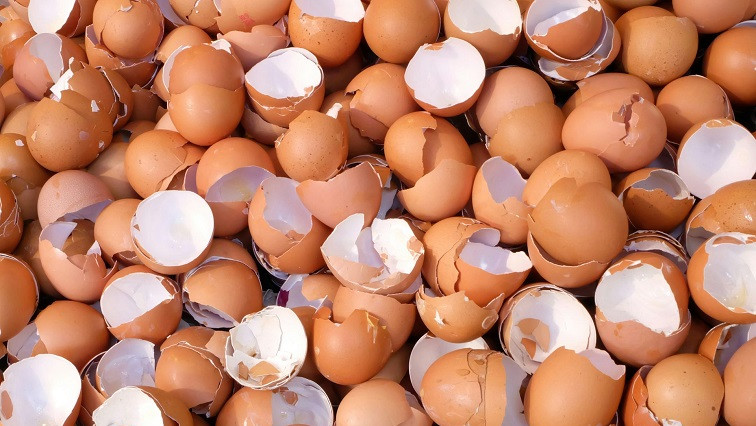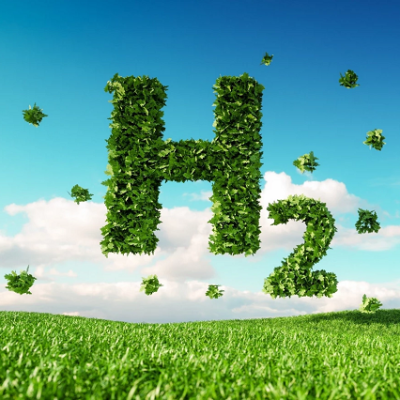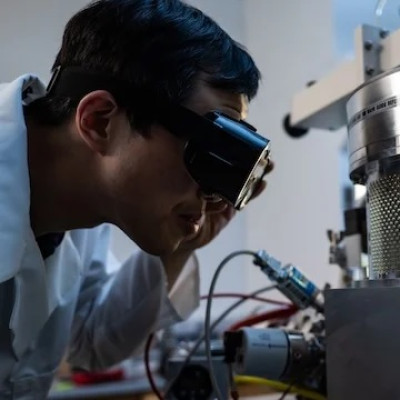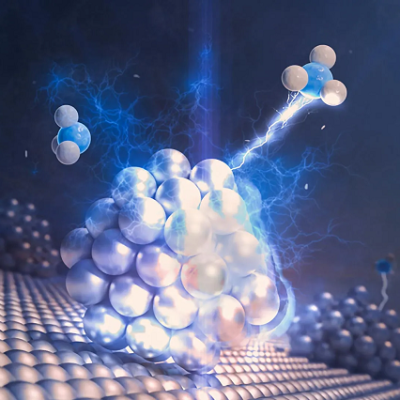A team of researchers recently published a study in Progress in Organic Coatings, covering the use of thermally and chemically treated eggshell nanoparticles as fillers used in an anticorrosive for steel coatings.
The eggshells were used due to their unique composition and wide availability, once treated they were then used as part of a zinc-rich epoxy matrix for a mild steel in sodium chloride solution.
According to the researchers, metallic corrosion caused global challenges and industrial losses, crating not only financial losses but also environmental risks. The researchers believe that organic coatings can give solid physical barrier protection to metals in corrosive environments.
Incorporating the eggshell nanofillers can improve the anticorrosion performance through the barrier’s protection and cathodic effect of the epoxy zinc-based organic coatings. Eggshells are approximately 95% calcium carbonate (CaCO3) and 5% protein materials. Its high levels of CaCO3 from eggshells waste has reportedly been a separate provider of CaCO3 from conventional forms from limestone by cement industries. However, this kind of anticorrosion coating with eggshells as nanofillers where zinc provides sacrificial protection has not been further investigated.
According to the researchers, using chemically treated eggshell nanoparticles in zinc-epoxy based anticorrosion coatings has not been used in corrosion science.
The researchers created ZENE coatings by combining three samples of zinc-rich coatings containing the treated eggshell particles.
A study showed that as fillers in the zinc-epoxy matrix, these nanoparticles strengthened the anticorrosion performance by enhancing barrier and the cathodic protection properties in the coating.
The team of researchers conducted multiple studies, one found that the coated substrate showed good anticorrosion performance in saline environments. To come to this conclusion, the team electroplated eggshell waste and zinc on a mild steel substrate for corrosion protection.
Another study found that a double-layer coating enhanced the anticorrosion performance of zinc composite coatings, providing average protection to a mild steel tank containing Jatropha curcas biodiesel.
For reportedly strong corrosion protection performance, the team used CaCO3 from calcite ore, marble, and eggshell waste in an epoxy matrix. This crated an epoxy-based zinc ferrite paint which was used in corrosion protection of reinforced concrete rods.
According to the researchers, higher temperatures were using thermal treatment in the recycled eggshell waste to create CaCO3. However, using an alkaline solution turned the proteins into soluble proteins that helped in the removal of from the material.
All of the research showed how using the eggshell nanoparticle is sustainable and can be built from chemically treated eggshell wastes to help improve anticorrosive qualities in zinc-rich epoxy coatings in marine environments.
Read the original article on Coatings World.







